The UK Net Zero Carbon Buildings Standard (UKNZCBS) took centre stage on 6 November 2025 at its first major industry conference, held at the Royal College of Physicians in London. The event marked an important milestone in the development and application of the Standard, bringing together engineers, building owners, developers and policymakers to explore the lessons learned from its first year in use.
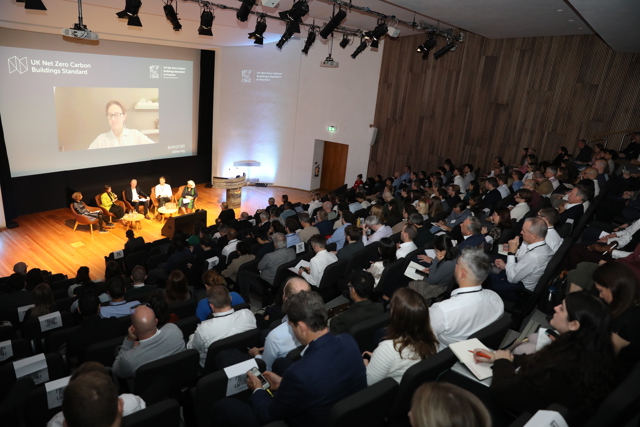
Building on the successful launch of the Standard in October 2024, which attracted more than 4,500 webinar registrants, the conference provided the first detailed insights from the pilot projects that have tested the UKNZCBS across a wide range of building types. Attendees heard first-hand how the Standard is being applied in practice, what challenges have emerged and how early results are shaping the next phase of its evolution.
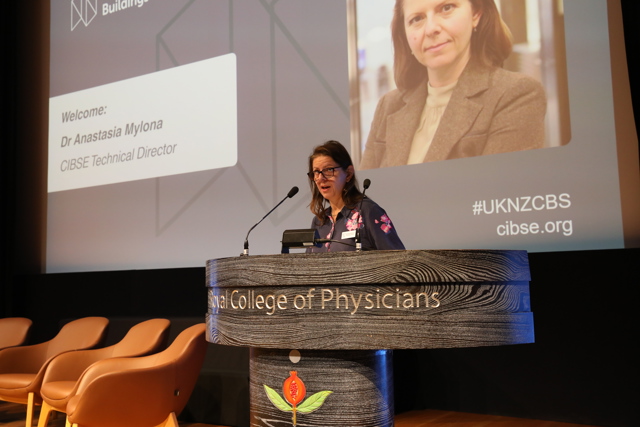
The programme opened with keynote addresses from David Partridge, Chair of the UKNZCBS Governance Board, and Katie Clemence-Jackson, CEO of UKNZCBS Ltd, who outlined the progress made since the launch and the priorities for the year ahead. Their remarks set the scene for a full day of case studies, discussion and technical guidance covering energy use intensity limits, embodied carbon, reporting requirements and verification pathways.
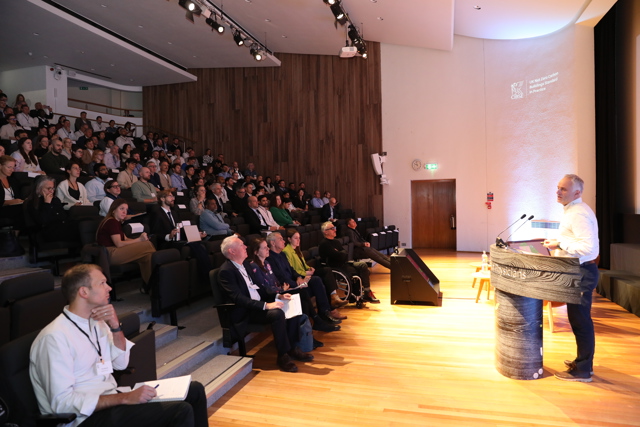
Session One focused on insights from the pilot phase, led by Amrita Dasgupta Shekhar of Greengage, followed by a panel discussion featuring representatives from Hawkins Brown, CIBSE, Legal & General Real Assets, Hoare Lea and the UKNZCBS leadership team. Their reflections highlighted the value of early testing in identifying practical challenges and helping refine the Standard for wider industry adoption.
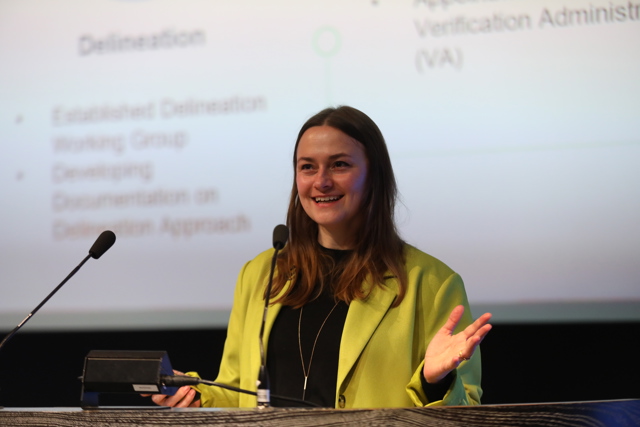
Case studies formed the heart of the day, with presentations from project teams working across offices, schools, residential buildings and retrofit schemes. These included examples from heritage office projects, new and existing residential developments, and education buildings, offering delegates a clear view of how the Standard can be embedded in diverse real-world contexts.
Technical sessions also explored the modelling underpinning the Standard, with CIBSE’s Head of Net Zero Policy, Julie Godefroy, providing an overview of the analysis carried out during the pilot period. Further guidance was offered on verification processes and future modelling approaches, as well as an exclusive introduction to the UKNZCBS Stock Model, which will play an important role in shaping future updates.
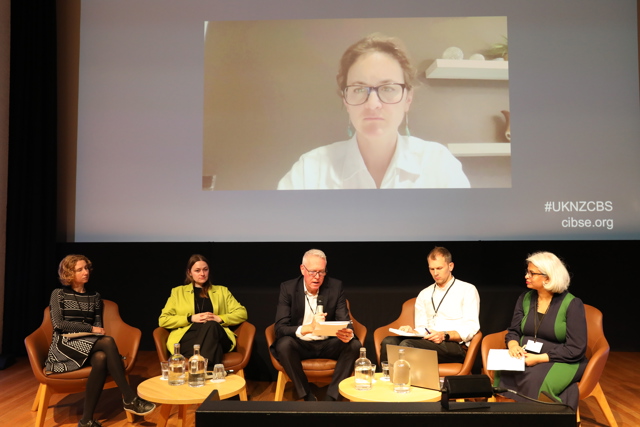
The conference was supported by industry partners and sponsors including Mitsubishi Electric, Optimise AI, Qvantum and Swegon, who each provided updates and insights into their own work on whole-life carbon and net zero solutions.
As the UK continues its pathway to a net zero built environment, the event demonstrated the momentum behind the Standard and its growing influence across the sector. The lessons shared throughout the day will contribute to further refinement of the Standard and support its wider adoption across the industry.
